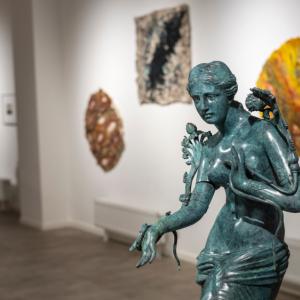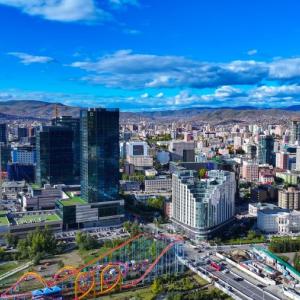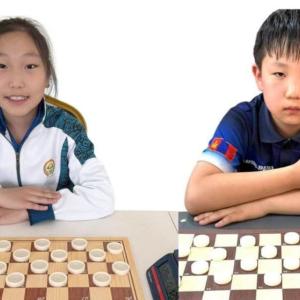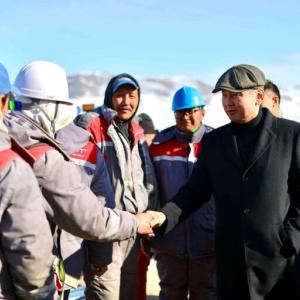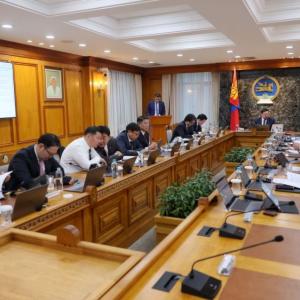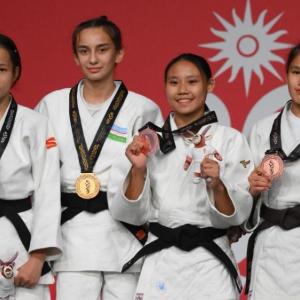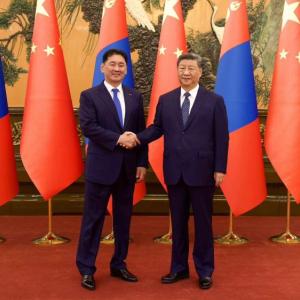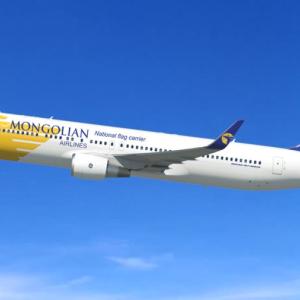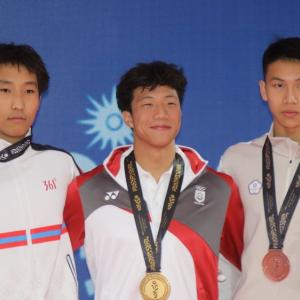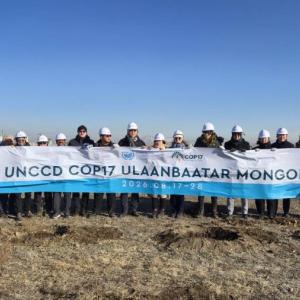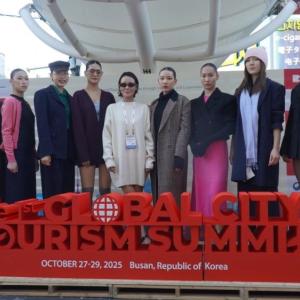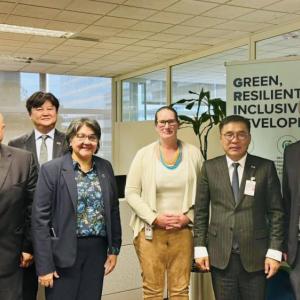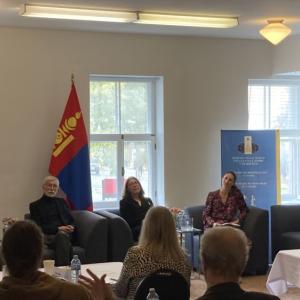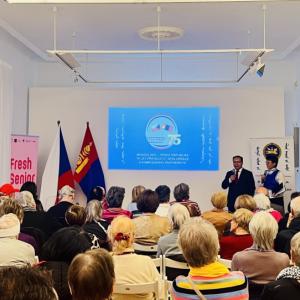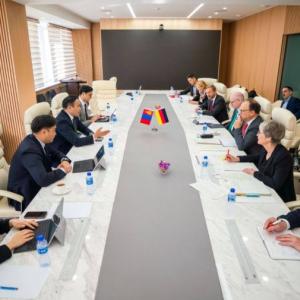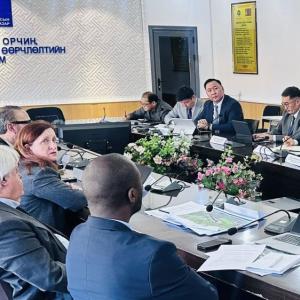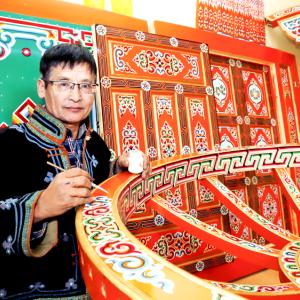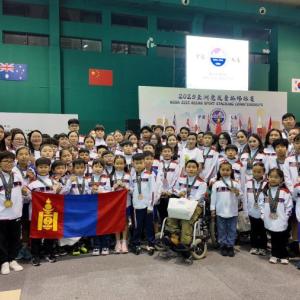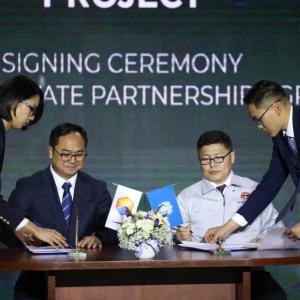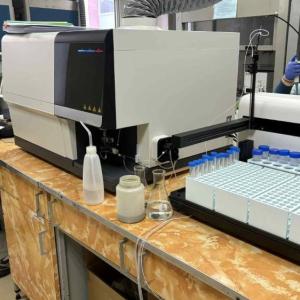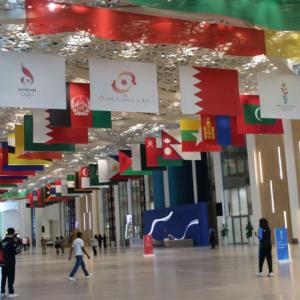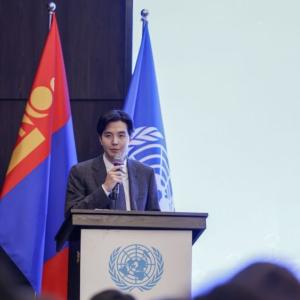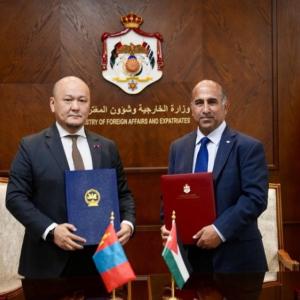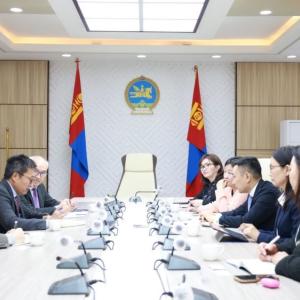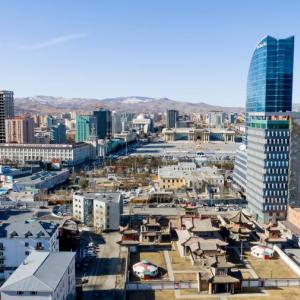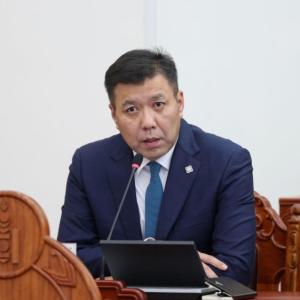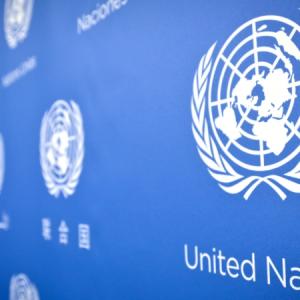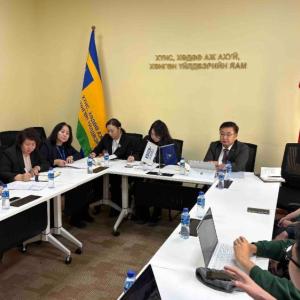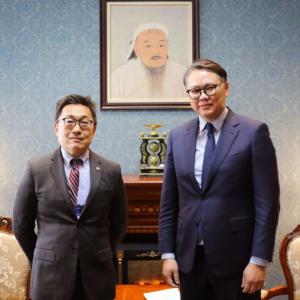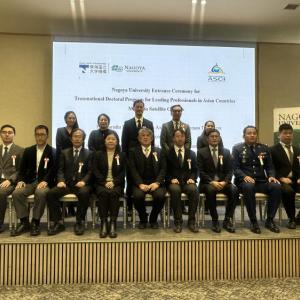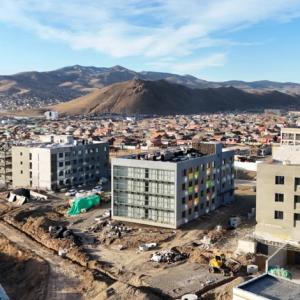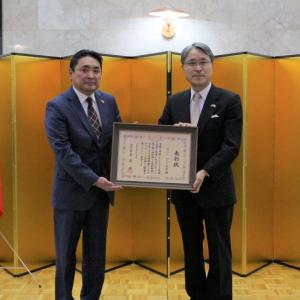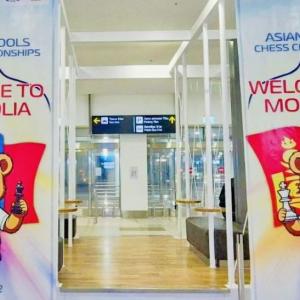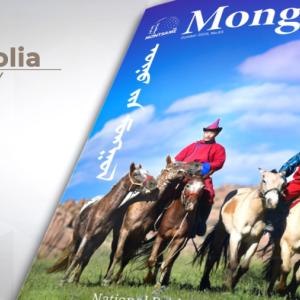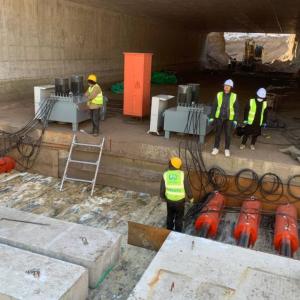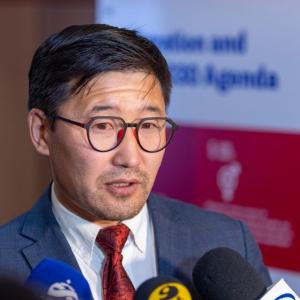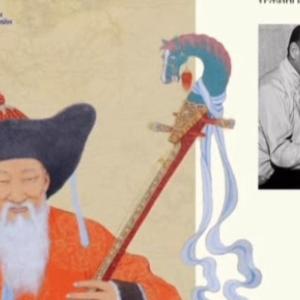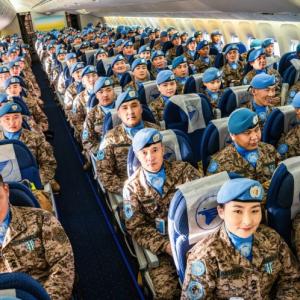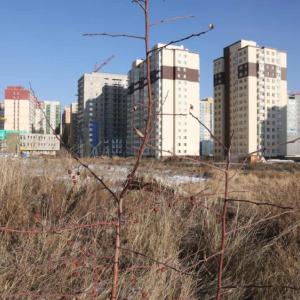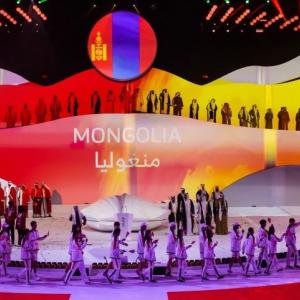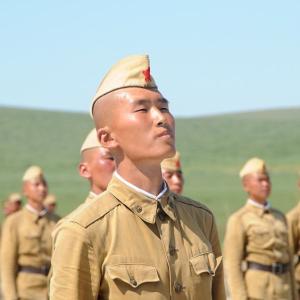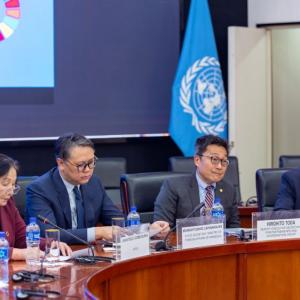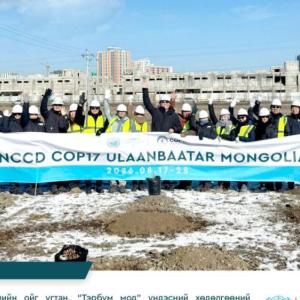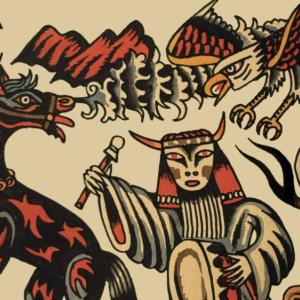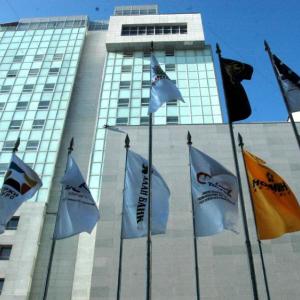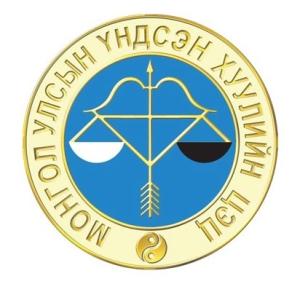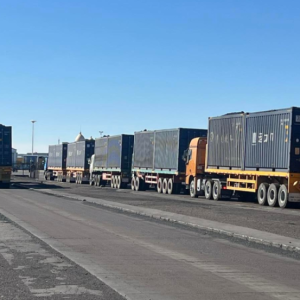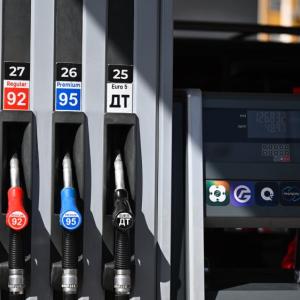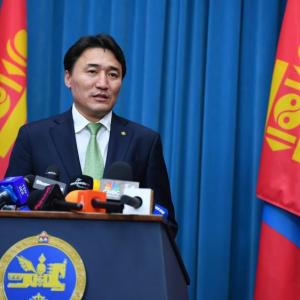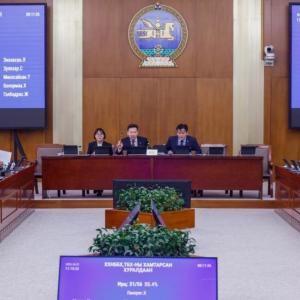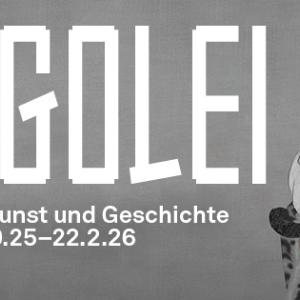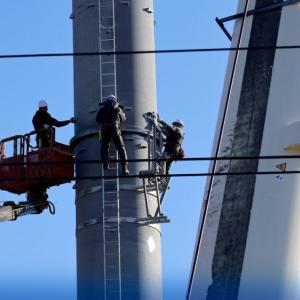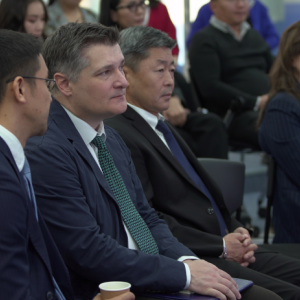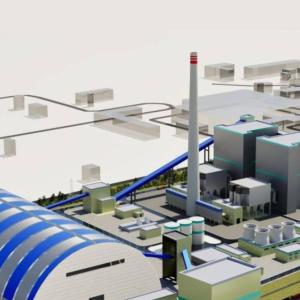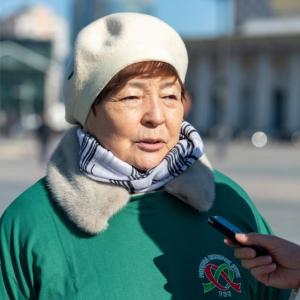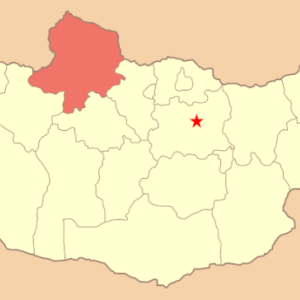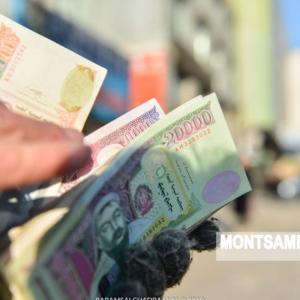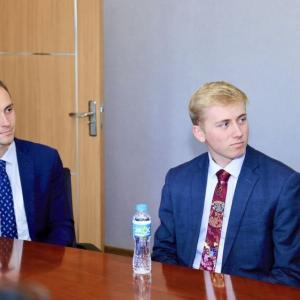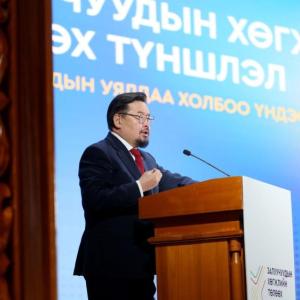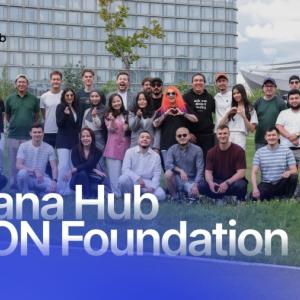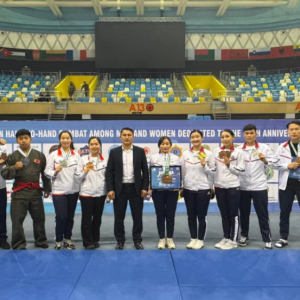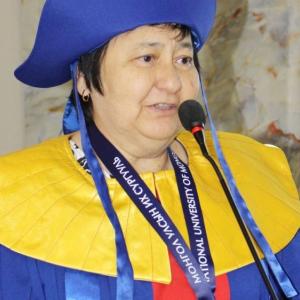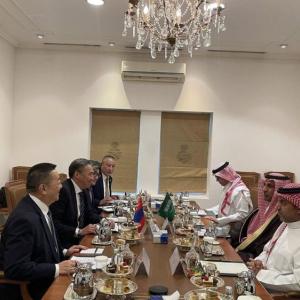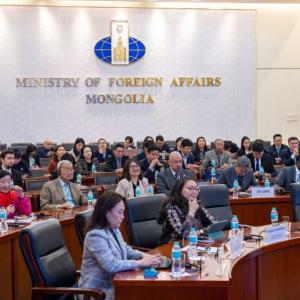Ceremonial meeting of State Great Khural takes place
Politics
Ulaanbaatar /MONTSAME/ On the occasion of the 110th anniversary of the Victory of the National Liberation Movement and the Restoration of Independence, the State Great Khural held a ceremonial meeting today, on December 29.
President of Mongolia U.Khurelsukh, Prime Minister L.Oyun-Erdene, cabinet members, Chief Justice of the Supreme Court, Prosecutor General, and other officials attended the ceremonial meeting, with the heads of diplomatic missions in Mongolia and resident representatives of the United Nations and its specialized agencies, and other international organizations taking part virtually.

In his opening speech, Speaker G.Zandanshatar extended congratulations on the 110th anniversary of the Victory of the National Liberation Movement and the Restoration of Independence, stressing that it is an event of great importance in the nation’s history of thousands of years and the more than 2,200 year statehood history. He noted that, on this day back in 1911, the bitter period when Mongolia lost its independence and freedom came to an end as Mongolians declared their national independence and enthroned the VIII Bogd Jebtsundamba Khutuktu as the Theocratic Monarch and the government consisting of five ministries was established.

Eyewitnesses and foreign and national ambassadors mentioned in memoirs and international press reports that Mongolians were rejoicing and praying with tears of joy on the day of the restoration of their independence, the Speaker noted.
A ceremony to honor the flag of Bogd Khan, which is preserved in Baruun Khuree, Kharkhorin soum, Uvurkhangai aimag, was attended by members of the parliament elected from the constituency, and the Chief of Staff to the President of Mongolia. The above-mentioned flag is the one that was raised on this day 110 years ago. Members of the parliament proposed honoring the flag in the place of the golden lineage of Chinggis Khaan where the black banner of Chinggis Khaan was honored, Speaker G.Zandanshatar emphasized in his remarks, adding that this is of great significance in having the future generations take pride in their motherland, forebears, history, and culture.

Afterwards, President of Mongolia U.Khurelsukh delivered speech at the meeting, underscoring that the national movement led to the July 11, 1921 People’s Revolution and the November 26, 1924 adoption of the first constitution. After that, Mongolians faced challenges such as the 1939 Khalkh Gol Battle and the 1945 war and as a result of the struggle that continued for half a century, Mongolia joined the United Nations in 1961, mentioned the president, emphasizing the importance of being proud of the ancestors who conquered a half of the world, started the revival of the nation, brought about democratic changes and paved the pay for the development of a modern state. President U.Khurelsukh said, “Our objective now is to leave a powerful Mongolia to our descendants in addition to perpetuating the deeds of our ancestors. We must not forget the history of the past century, declaration of a republic, confirmation of the independence, development of a modern country, and the revival of the Mongol Empire,” giving a reminder that independence and sovereignty are not only about boundaries and national security.

He stressed the need to strengthen the country's economic security and its independence and sovereignty in the new century. “In this context, it is important to improve the response to the pandemic, protect the health and lives of our people, and focus on overcoming with minimal loss.”
The president also underscored that the start of great deed to ensure economic independence and security must be "From Welfare to Labor, From Mining to Processing, and From Import to Export.”
“In this regard, as the head of state, I have set the following 10 key development goals for the next 100 years, calling on the Parliament and the Government to pay great attention to the implementation of the goals. The goals are as follows;
One. To provide our country with a reliable energy source and become an energy exporter in the future.
Two. To produce oil products and fuels domestically and develop the oil industry.
Three. To provide domestic needs for food, intensify the development of animal husbandry and agriculture to become an exporter of organic food in the region.
Four. To become an exporter and industrialized country by constructing heavy and light industries and processing gold, copper, iron, coal and other natural resources and animal raw materials into final products.
Five. To build a national network of infrastructure such as auto roads, railways, airways and natural gas pipelines, establish an integrated transport and logistics network linking the horizontal and vertical axes, and connect it to the international and regional networks in order to become a ‘transit Mongolia’.
Six. To become a Digital Nation by introducing the core technology of the Fourth Industrial Revolution, such as artificial intelligence and blockchain, and developing innovation-oriented production.
Seven. To develop cultural and creative industry and historical and natural tourism relied on pristine nature, nomadic heritage, customs, history and traditions, and to make it a leading sector of the economy.
Eight. To be a new regional financial and investment hub by developing banking and capital markets, introducing smart systems, and becoming an active player in international trade and investment.
Nine. To develop a metropolitan city with an optimal spatial structure and settlement system, to accelerate urban and rural development, and to develop the country regionally.
Ten. To become a green Mongolia whose people love the earth and government protects ecological balance. As the goals above are implemented successfully, Mongolia will become a developed country with strong economy,” stated President U.Khurelsukh.
In addition, the President also warned that despite the fact that humankind is facing the challenge of overcoming the pandemic, the issue of green growth cannot be delayed. Over the past 80 years, Mongolia's annual mean air temperature has increased by 2.2 Celsius, or twice the global average. 76.9 percent of Mongolia’s total territory is affected by desertification, in particular, 45.4 percent has been assessed to be affected by severe desertification, which is a matter of great concern.
“Losing soil is the same as losing our independence, it is a matter of national security. Therefore, when attending the UN General Assembly, I have announced that Mongolia would plant and grow a billion trees by 2030. Within this frame, a nationwide campaign ‘One billion trees’ has been launched. Every citizen should be a part of this deed. A person who grew loving the earth will surely become a right person who loves his country.”
 Ulaanbaatar
Ulaanbaatar






